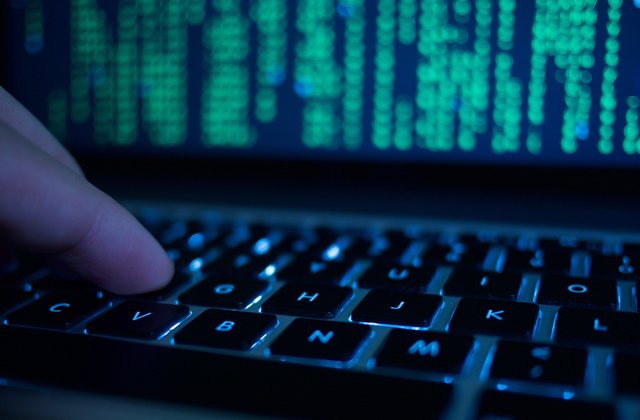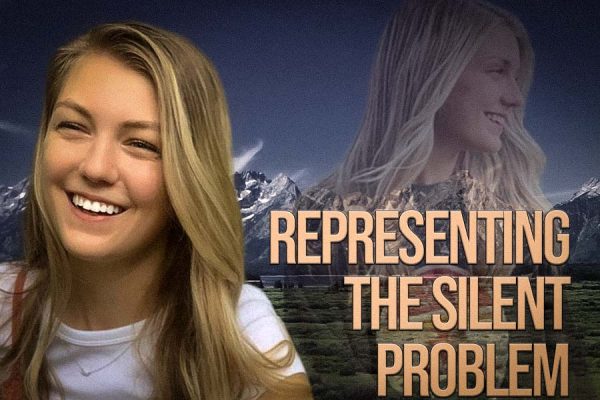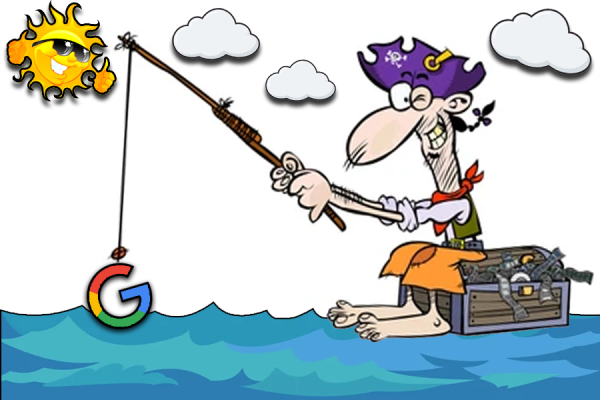We Live Under Mass Surveillance: You should care about privacy
When the twin towers fell, our country was in shock. People mourned. And in the fear, they mourned for those who they had not lost yet, but who they could lose tomorrow. We were in full support of our government and we wanted nothing more than security. In the coming days and months and years, the intelligence became more robust, more invasive. But this was the sacrifice that we chose to make for the ability to return to our schools and our offices. To put the fear out of our minds, to let the security comfort the uncertainty. Freedom is a difficult burden to bear, but it is a necessary one. This stripping of freedom- with the jauntily named PATRIOT Act- was only the beginning of a new 21st century war. It was not the war that we fought in the Middle East, but between us, our privacy, and our government.
Hear me when I say this: we live in a mass surveillance state. Capital infringement on a national scale, and from all angles. The government tallies our every movement, the corporations note our every purchase. Now more than ever, people rely on technology to reinstate the institutions that have been crippled because of COVID. If COVID becomes unmanageable, then we will be back to online school, which cannot exist without Google and Zoom. Technology, and more particularly the monopoly that has been made of Silicon Valley, is ubiquitous. If we do not stand up for our privacy, then we truly subject ourselves to control. A much greater control than vaccinations or masks ever could be.
If 9/11 is how we got here, then where is “here”, exactly? What makes this “mass surveillance?” The answer: metadata. In this context, metadata is the data that qualifies and quantifies existing data, the data being the tangible content. The data is the email that you send to a colleague, while the metadata is what computer you sent it from, the date and time that you sent it, your location at the time of sending, the accounts that accessed the email and the length they were active on the page. The metadata is the story behind the content. With metadata, you can track movement and patterns of behavior. This is everything. Metadata communicates ethnicity, political affiliation, and conscious -and maybe even unconscious- desires without even having to read the correspondence itself. Metadata is the brutal efficiency that enables the government to massively surveil the public. They can’t read every text or listen to every call, but they will let the computers collect the metadata. Under a populist regime, who knows what the government could do with all of this data? Who knows what they are doing with it right now?
If you doubt the importance of information that is “trivial” consider this: in 1933, Germany started a national census, and with it they tallied the population and the racial, political, and religious affiliations of each area. Censuses are nothing new- the US wouldn’t have a population based House of Representatives without ours. So what’s the problem? The problem is that once the Third Reich took over Germany, they used the census results to identify every Jewish person who was polled. And once the Nazis knew this, there wasn’t much that anyone could do to stop Auschwitz.
What is so frustrating about this mass surveillance is that it’s almost invisible. Our Fourth Amendment right was written when the only way that someone could get information about you was by the opening of the front door. Now, however, Google and Amazon can surveil through their Home Assistants, and we pay them to do it. It’s ludicrous that companies can claim sole ownership over their code, even to the point of not allowing their customers to know what they’re buying. This is the exact reason that transparency and standards exist in our food. If there were no FDA to force food production companies to list the ingredients and nutrition facts, then they wouldn’t. We must demand accountability from the organizations who stand to benefit from our data. We must not allow them to steal from us as they do. Because while I may not agree with everyone living in this nation, liberty is one of the rights given to us by the Constitution, and we should be privy to it. It may seem like a daunting task to dethrone the monopolies that have made the internet their empire, but that should not discourage us. After all, it was such a defiance in the face of a powerful British empire that birthed our nation. As US citizens, it is our duty to uphold the ideals that we fought for so many years ago. We must demand liberty. We must demand privacy.
Links:
https://www.washingtonpost.com/news/the-switch/wp/2013/12/31/heres-what-we-learned-about-the-nsas-spying-programs-in-2013/
https://www.eff.org/deeplinks/2017/05/intels-management-engine-security-hazard-and-users-need-way-disable-it
https://www.wsj.com/articles/SB10001424127887324677204578185382377144280
https://www.linux.org/

Evan Wilmoth is a junior writer on the Zephyr staff. Evan often spends his free time reading, writing and playing the piano. Evan also runs for West Forsyth's...








